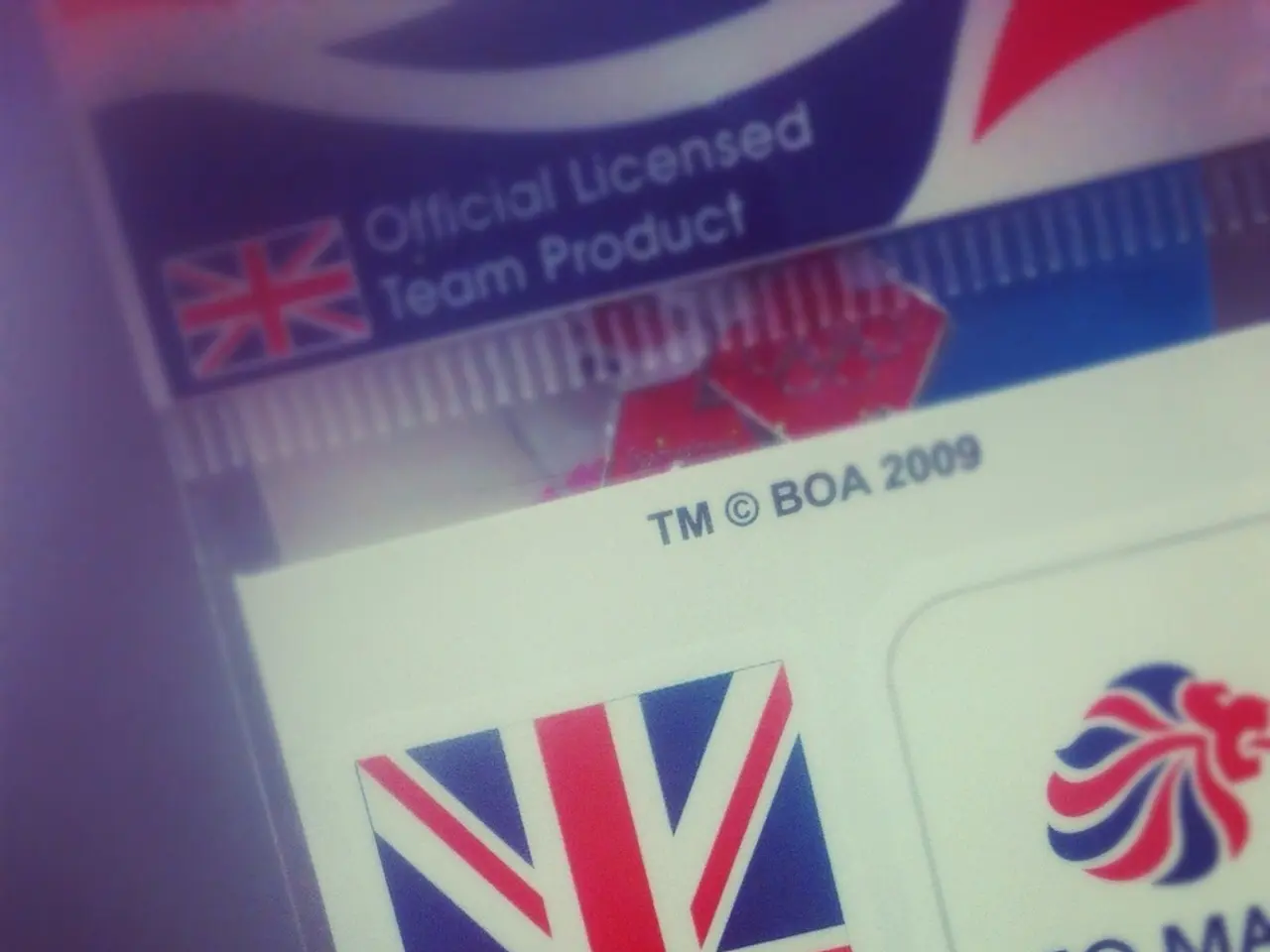Germany's Prepaid Card System for Asylum Seekers: A Double-Edged Sword
Asylum seekers in Germany face financial challenges, with their monthly allowance set at 441 euros for single adults. This leaves them with tough decisions between leisure activities, legal costs, and daily needs. Despite the introduction of prepaid cards to manage funds, many struggle with limited cash access and acceptance issues.
Civil society initiatives have stepped in to help, offering cash exchange services in over 100 cities. These initiatives allow asylum seekers to exchange vouchers for cash, a lifeline for those in need. However, the prepaid card system has its drawbacks. Withdrawals are capped at 50 euros per month, and many small shops refuse card payments, discriminating against refugees.
The prepaid card was introduced to reduce everyday costs and misuse, while aiding integration through controlled access to funds. Yet, critics argue it hinders integration by preventing equal participation in society. There's no evidence of large-scale money transfers to countries of origin, but the card does restrict refugees' autonomy in choosing where to spend their money.
While prepaid cards aim to support asylum seekers' integration and prevent misuse, their limited cash withdrawal and acceptance issues pose challenges. Civil society initiatives help bridge the gap, but a balance must be struck between controlling funds and enabling refugees to participate fully in society.
Read also:
- American teenagers taking up farming roles previously filled by immigrants, a concept revisited from 1965's labor market shift.
- Weekly affairs in the German Federal Parliament (Bundestag)
- Landslide claims seven lives, injures six individuals while they work to restore a water channel in the northern region of Pakistan
- Escalating conflict in Sudan has prompted the United Nations to announce a critical gender crisis, highlighting the disproportionate impact of the ongoing violence on women and girls.






